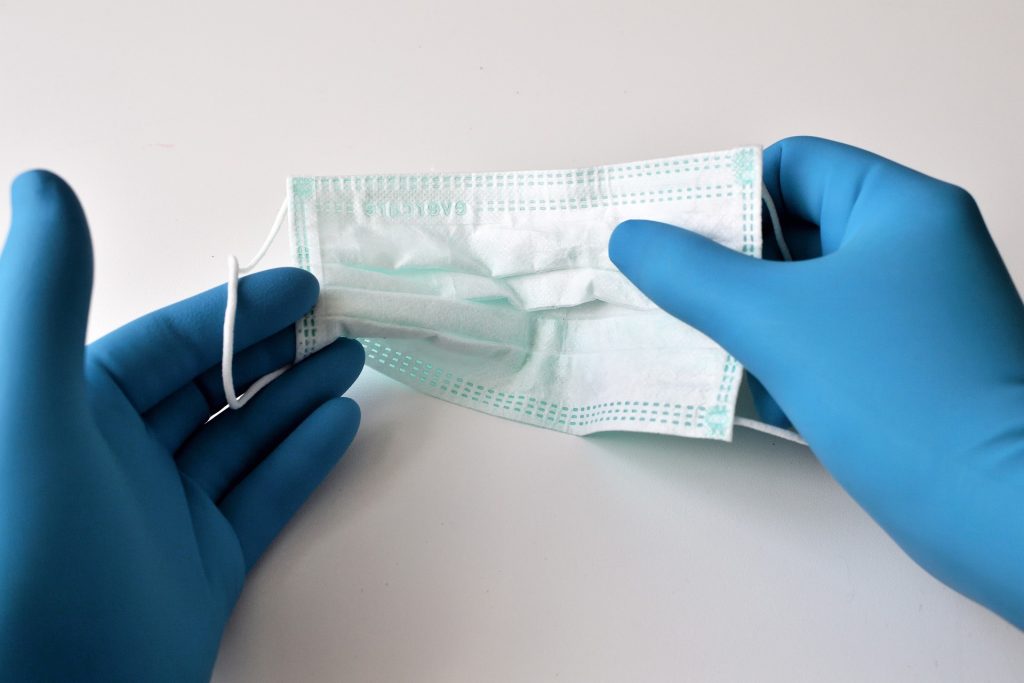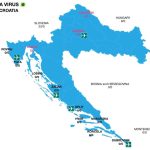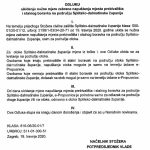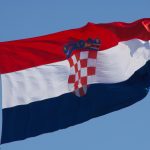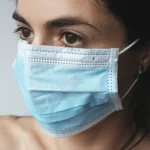All the anti-epidemic rules, except the obligation of wearing protective face masks in health institutions and nursing homes, are no longer in force.
Croatia declared the COVID-19 pandemic on 11 March 2020 and since then its citizens lived under various restrictions, including a total lockdown in the spring of that year.
The first registered case of this infection in Croatia was reported on 25 February 2020. It was a young man who returned from a 19 February Champions League match in Milan, Italy. The number of new cases started rising, and on 19 March 2020, there were more than 100 confirmed cases, while on 2 April over 1,000 cases were active at the time.
In the spring of 2020, Croatia was among the countries with the most stringent anti-epidemic rules, and that summer the epidemiological situation improved with warmer weather. However, the COVID numbers started escalating again in the late autumn of 2020.
Protocols were adopted by a national COVID-19 crisis management team, who enjoyed overwhelming support at the beginning of the pandemic. However, over the time the fatigue with the restrictions provoked reactions to its decisions.
In the autumn 2021, several protest rallies were held in several cities, primarily against the introduction of the COVID certificate mandate in public institutions.
On 4 December 2021, the parliamentary opposition party Bridge started gathering signatures at over 1,200 venues across the country for a referendum to regulate the work of the national COVID-19 crisis management team and abolish COVID certificates.
The most vociferous demonstrators protested against the obligation to get vaccinated.
The first batches of vaccines against this novel virus arrived in Croatia in late December 2020, and vaccination against COVID-19 started in Zagreb on 27 December when 81-year-old Branka Aničić, a resident of a retirement home, got the very first shot in the country.
The SARS-CoV-2 virus had mutated in the meantime, and the Omicron variant, first reported in Croatia in January this year, infected over 17,000 people on a daily basis.
However, with the rise in its virulence, the Omicron variant did not cause harsher symptoms of the disease that would need hospitalisation.
More than 1.1 million cases of the disease have been detected so far
Furthermore, Croatia has managed to vaccinate 70.71% of its adult population to date, and over a quarter of the population have contracted the disease, which is why experts believe a satisfactory collective immunity has been acquired.
Unfortunately, the disease has claimed 15,660 lives since the first case of the infection was registered. The share of the fatalities among the registered cases stands at 1.42%, according to the Croatian Institute of Public Health (HZJZ).
Worldwide, over 6.1 million deaths have been caused by this disease.
The Worldmeters platform data show that in terms of the share of COVID fatalities per million inhabitants, Croatia ranks eighth (3,857 per million). In the European Union, only Bulgaria and Hungary have higher shares, 5,349 and 4,754 respectively.

